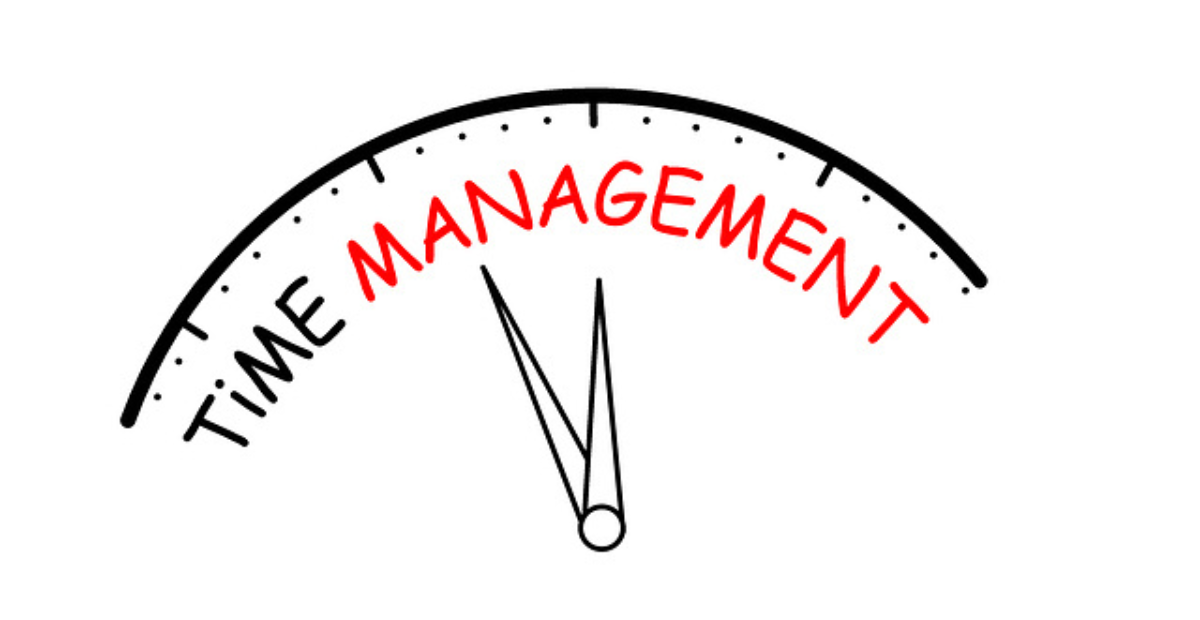Are you tired of cramming for exams only to forget everything the next day? If so, you’re not alone. Many students struggle to find effective study methods for exams that truly help them retain information and ace their tests. The good news is that success doesn’t come from studying harder—it comes from studying smarter. In this guide, you’ll discover proven techniques tailored to different learning styles, helping you study effectively and achieve your academic goals.
1. Understanding Your Learning Study Methods for Exams

How Learning Styles Influence Study Success
Not all study techniques work for everyone, and that’s because we all learn differently. Understanding your learning style—whether it’s visual, auditory, or kinesthetic—can transform the way you approach studying.
- Visual learners: Benefit from diagrams, charts, and mind maps. Try creating visual aids like flowcharts to organize information.
- Auditory learners: Retain knowledge better by listening to lectures or discussing topics aloud. Consider recording your notes and replaying them.
- Kinesthetic learners: Learn best through hands-on activities. Use flashcards or turn lessons into physical activities like building models or acting out scenarios.
By tailoring your study methods to your learning style, you’ll find studying more enjoyable and productive.
2. Setting the Right Study Methods for the Exam Environment

Creating a Distraction-Free Zone for Focus
Your environment plays a big role in how well you study. A cluttered, noisy space can make it hard to focus, while a calm, organized area can help you stay on track.
- Choose a quiet spot with minimal distractions.
- Keep your study desk neat and only include essential materials.
- Use tools like noise-canceling headphones or soothing background music to block distractions.
A clean, focused environment will help your mind stay sharp and ready for studying.
3. Time Management Techniques for Effective Studying Methods for Exams

How to Build a Study Schedule That Works
Good time management can make or break your study routine. The key is to use your time wisely and avoid procrastination.
- Try the Pomodoro Technique: Study for 25 minutes, then take a 5-minute break. This method keeps your brain fresh and focused.
- Set realistic goals: Break down your study material into smaller sections and tackle them one at a time.
- Prioritize difficult topics: Start with the most challenging subjects when your energy levels are highest.
Creating a consistent schedule helps you cover more material without feeling overwhelmed.
4. Active Learning Techniques That Boost Retention in Study Methods for Exams
Why Active Study Beats Passive Reading
Passive reading is one of the least effective ways to learn. Instead, active learning engages your brain and helps you retain information.
- Summarize: After reading a chapter, write down the main points in your own words.
- Question yourself: Turn key concepts into questions and answer them without looking at your notes.
- Teach someone else: Explaining a topic to another person forces you to understand it deeply.
Active learning ensures that you don’t just memorize information but truly understand it.
5. Leveraging Technology for Smarter Studying

The Best Apps and Tools to Improve Study Efficiency
Technology can be your best friend when it comes to studying. Here are some tools to consider:
- Quizlet: Create and review flashcards on the go.
- Evernote: Organize notes and ideas in one place.
- Khan Academy: Access free tutorials and practice exercises on various subjects.
While technology is helpful, be careful not to get distracted by social media or irrelevant apps.
6. Collaborative Study: The Power of Group Learning

Benefits of Study Groups and Peer Discussions
Studying with others can make learning more interactive and enjoyable.
- Share ideas: Discussing concepts with peers can offer new perspectives.
- Clarify doubts: Get immediate answers to questions you might struggle with alone.
- Stay motivated: Group study sessions can keep you accountable and on track.
Make sure your study group stays focused and doesn’t turn into a social hangout.
7. Memorization Techniques That Work
From Mnemonics to Visualization: Hacks for Remembering Better
Memorizing large amounts of information can be daunting, but these techniques can help:
- Mnemonics: Use acronyms or phrases to remember lists (e.g., PEMDAS for math operations).
- Visualization: Create mental images to connect concepts.
- Repetition: Revisit the material regularly to reinforce it in your memory.
These methods make studying more engaging and help information stick longer.
8. Practice Makes Perfect: Using Past Papers and Mock Tests

Why Practicing Exam Questions Is Key to Success in
Study Methods for Exams
One of the best ways to prepare for exams is to practice with past papers or mock tests.
- Simulate exam conditions: Time yourself and work in a quiet environment.
- Identify weaknesses: Review your answers to find areas that need improvement.
- Build confidence: Familiarizing yourself with question formats reduces exam-day anxiety.
Practice is the bridge between studying and performing well on exams.
9. Managing Stress and Staying Motivated
Balancing Stress and Productivity during Exam Prep
Stress can derail even the best study plans. Managing it effectively is key.
- Take breaks: Short, regular breaks keep your mind fresh.
- Meditate: Simple breathing exercises can calm your nerves.
- Reward yourself: Celebrate small wins to stay motivated.
When you’re relaxed and focused, studying becomes much easier.
10. The Importance of Sleep, Nutrition, and Exercise when it comes to
Study Methods for Exams

How a Healthy Lifestyle Enhances Exam Performance
A healthy body supports a sharp mind. Don’t neglect these essentials:
- Sleep: Aim for 7–8 hours per night to improve memory and focus.
- Nutrition: Eat brain-boosting foods like nuts, fruits, and fish.
- Exercise: Even a short walk can reduce stress and boost energy levels.
A well-rounded lifestyle is just as important as your study methods for exams.
Conclusion
By following these proven study methods for exams, you can transform your preparation and boost your performance. Remember, the key is to find techniques that work best for you and stick to them. With focus, determination, and the right strategies, exam success is within your reach!
Study Methods for Exams- Frequently Asked Questions
What are the best Study Methods for Exams?
studying?
10 tips on how to study effectively
- Space out your studying. …
- Create a study plan – & stick to it. …
- Don’t just re-read your notes. …
- Set up a quiet study space. …
- Test yourself. …
- Find a study buddy or join a study group. …
- Bonus tip: Use apps to study even more effectively. …
- What is the best way to study?
What are the four types of study methods?
Perhaps the most simple way of describing ‘learning styles’ is to say that they are different methods of learning or understanding new information, the way a person takes in, understands, expresses and remembers information. There are 4 predominant learning styles: Visual, Auditory, Read/Write, and Kinaesthetic
What is the trick to studying?
The most effective practice is to work a short time on each class every day. The total amount of time spent studying will be the same (or less) than one or two marathon library sessions, but you will learn the information more deeply and retain much more for the long term—which will help get you an A on the final.
What is the best time to study?
Scientists have found the best time for study! According to scientists, the brain is most alert and teachable at 10 am–2 pm and 4 pm–10 pm. (Source: Amber Student). If you would like to optimize your attention span and practice deep learning, then science advises you to study between the hours of 4 am and 7 am.
Related Posts
How To Study Effectively? 10 Best Study Techniques
13 effective study methods and how to use them (2024)
How To Study For Exams: Study Tips, Scientific Techniques & More!
10 tips on how to study effectively





